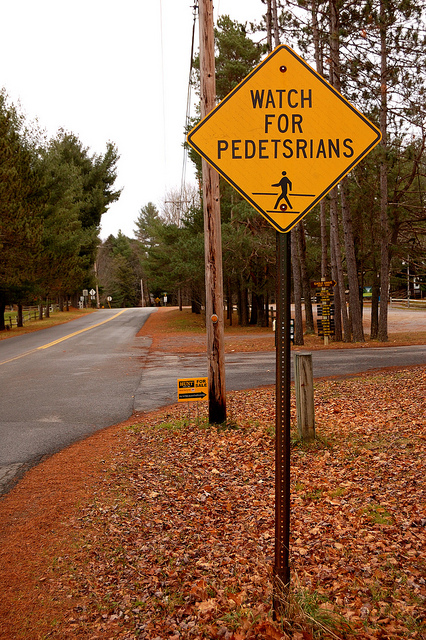Oops. Sorry, La La Land.
During the 89th Academy Awards and the most prestigious of all the presentations, someone made a big boo-boo.
La La Land was announced as the winner of the best picture of 2017. Then, in what many describe as “the most bizarre Academy Awards ever,” it was retracted and Moonlight was announced as the winner.
Reading the coverage and listening to the recap on the news this morning, I learned that each and every moment leading up to the mistake has been examined, as well as the exact seconds that passed before the correct winner was declared. PricewaterhouseCoopers was responsible for the balloting process and for distributing the envelopes with the winners written on them—they are investigating the incident.
Here’s the thing: sh*it happens, and so do mistakes.
Some mistakes are lethal. Lives are changed in ways that cannot be undone. For these, there can be no excuses, justification, or avoidance of responsibility. Drunk driving, and other careless mistakes, for example, can have irreversible consequences.
What I want to address are the more common, everyday mistakes we all make. We may feel discomfort and guilt, but for the most part, nothing is too dire or beyond repair. I’ve personally spent too much time trying to figure out why I’ve made my own mistakes. I’ve investigated the incidents ad nauseam, and beat myself up for the errors. Enough wasted energy! I’m calling in these simple tools instead, for course correction and moving on.
1. Admit the mistake and take responsibility.
What we resist persists, and when a mistake is made, more energy can be lost avoiding ownership, defending our behavior, and blaming another. Start with honest ownership. Take responsibility for our part, regardless of the willingness of others to do so, and go from there. We make amends and take responsibility for our well-being and spiritual health, not for anyone else’s.
“Self-responsibility is the core quality of the fully mature, fully functioning, self-actualizing individual.” ~ Brian Tracy
2. Embrace humility.
Strength, boldness, and having boundaries are important qualities, and so is humility. It comes from the word humble, with its origins in the word hummus, meaning earth. Years ago, when seeking spiritual counseling, a Catholic nun told me, “Humility isn’t being a doormat, it is standing in the truth of something.”
“Humility reminds me that I am no better than and just as good as everyone else, and that I am not God.” ~ Sally Bartolameolli
3. Distinguish shame from humility.
We can work toward shame reduction work and healing when we self-reflect and understand what’s behind thoughts that tell us we are bad, wrong, or unworthy. I learned from John Bradshaw, who wrote the pioneering book, Healing the Shame that Binds You, that above all else, making mistakes is human. It doesn’t mean that I am a mistake. In addition, I learned I was created to be of service to myself and others, not to live in constant regret or self-loathing.
“Humility is not thinking less of yourself but thinking of yourself less.” ~ C.S. Lewis
4. Let it go.
When a mistake affects someone else, I take ownership and make amends with humility. Then, I let it go. Punishment does a disservice to all. Once I’ve done some honest self-reflection, owned my mistake and, with compassion, made direct amends with someone, it is time to let it go. Self-reflection may be valuable to me for learning experience, but beating myself up for it, or carrying it beyond the learning, has no value.
“Shame is a soul eating emotion.” ~ Carl Jung
5. Forgive yourself.
The gift of shame is humility, and the gift of humility is self-compassion and self-forgiveness. Self-abusive behaviors and painful self-talk keep me in shame, and they also keep me from my spiritual connection, and from being of service in the world. As I forgive myself and tenderly embrace my own capacity for mistakes, my compassion expands outward. Showing kindness to myself opens a well-spring of kindness for others. My expectations for perfection are lessened.
“Compassion for others begins with compassion for ourselves.” ~ Pema Chodron
While practicing self-reflection and course correction to prevent future mistakes is admirable, spending too much time analyzing why the mistake happened may not be necessary.
Accept it. Make amends. Learn from it. Move on.
And let self-forgiveness expand your heart.
~
Author: Sally Bartolameolli
Image: Darron Birgenheier/Flickr
Editors: Catherine Monkman/ Deb Jarrett







Read 6 comments and reply